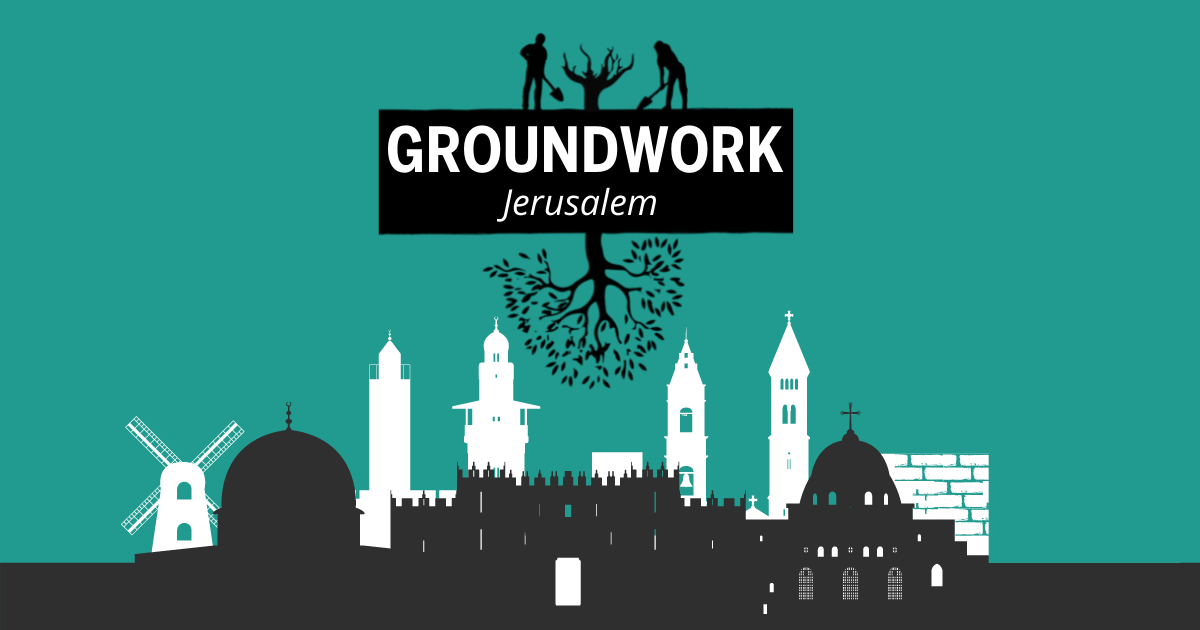In our new podcast mini-series, Groundwork: The Mixed Cities Edition, we dig deep into three cities at the center of May’s unprecedented inter-communal violence. In each episode we explore the dynamics that led to such terrible events through the eyes of activists seeking to transform the unjust reality in the city that they call home, with the first episode focusing on Jerusalem.

Jerusalem is a perennial flashpoint for the broader Israel-Palestinian conflict. The Green Line divides the predominately Jewish west of the city from the Palestinian east, where most of the roughly 370,000 residents do not have Israeli citizenship. In addition to being claimed by both Israelis and Palestinians as their capital as perhaps the most sensitive final status issue that must be resolved in any final status agreement, Jerusalem is Israel’s poorest city, with deep inequalities that often mirror the political and religious divisions at work. It has also been the epicenter of some of the worst violence that the conflict has seen in the past century, with tensions around its contested spaces serving as the catalyst for the Second Intifada in 2000, as well as the events that overtook the region in May.
This spring’s tensions ratcheted up during Ramadan, the Muslim holy month, around Palestinian access to the Damascus Gate area of the Old City, traditionally used as a communal space for Palestinians, and the planned eviction of a group of Palestinian families from Sheikh Jarrah, a neighborhood in East Jerusalem. The unrest led to clashes between Israeli police and Palestinians at the Al Aqsa Mosque and Sheikh Jarrah, mobilizations by extremist right-wing Jewish groups, and ultimately to Hamas missiles being launched at the city from Gaza.
We talked to two Jerusalem activists, Nivine Sandouka, an expert in the field of program development, peacebuilding and gender, and Suf Patishi, a lawyer and activist with Standing Together. Their in-depth conversation is a critical resource in any effort to better understand what happened in Jerusalem during the recent surge of violence, their work bringing Jewish and Palestinian activists together in the city, and what they think needs to happen next in order for all of Jerusalem’s residents to feel safe, secure and equal. Listen here!





